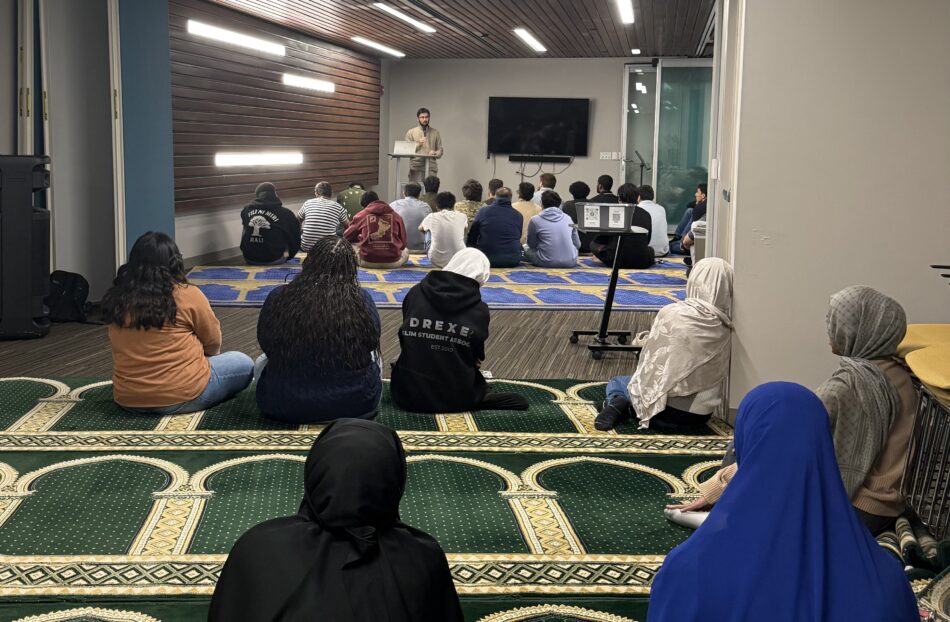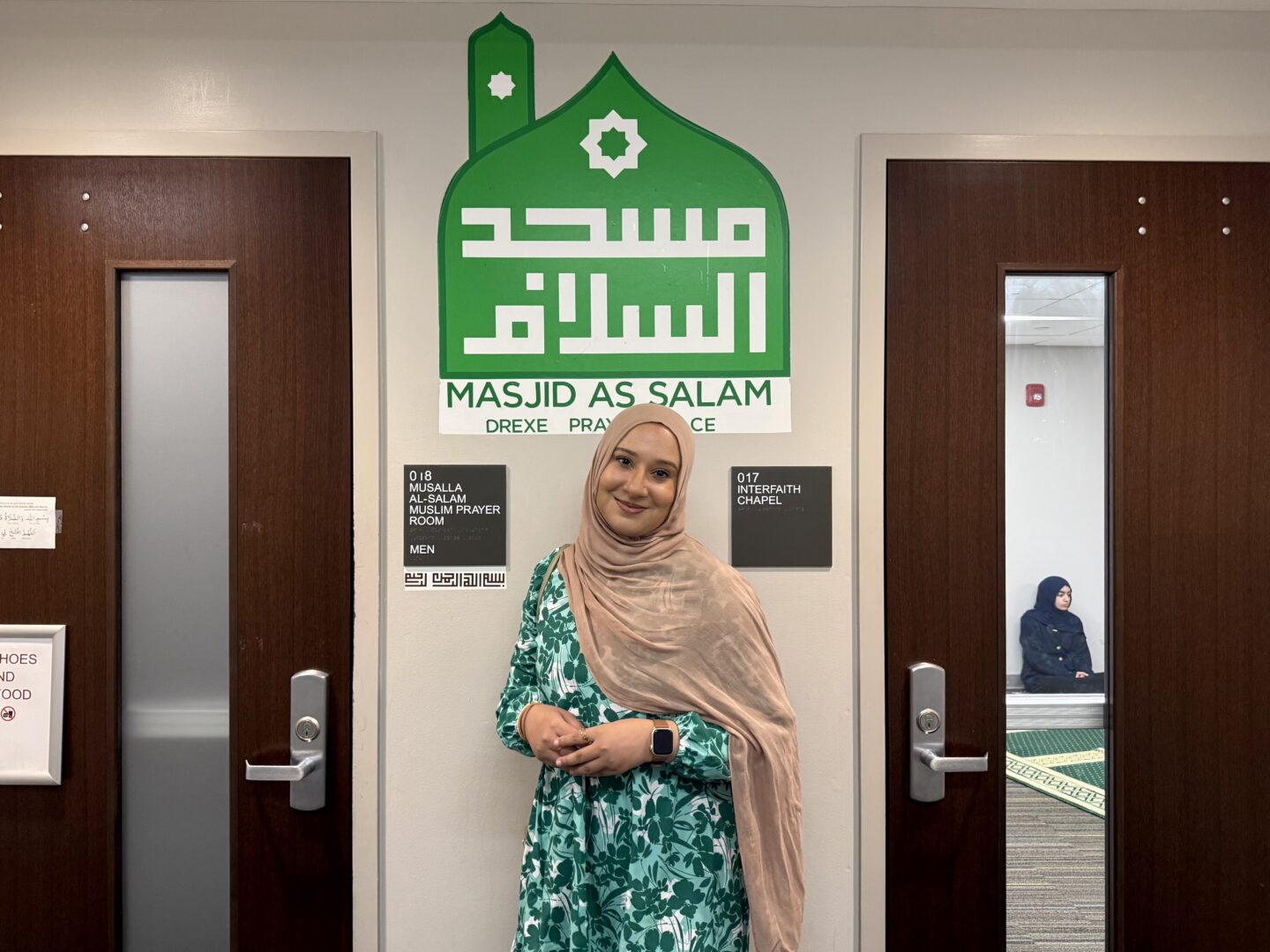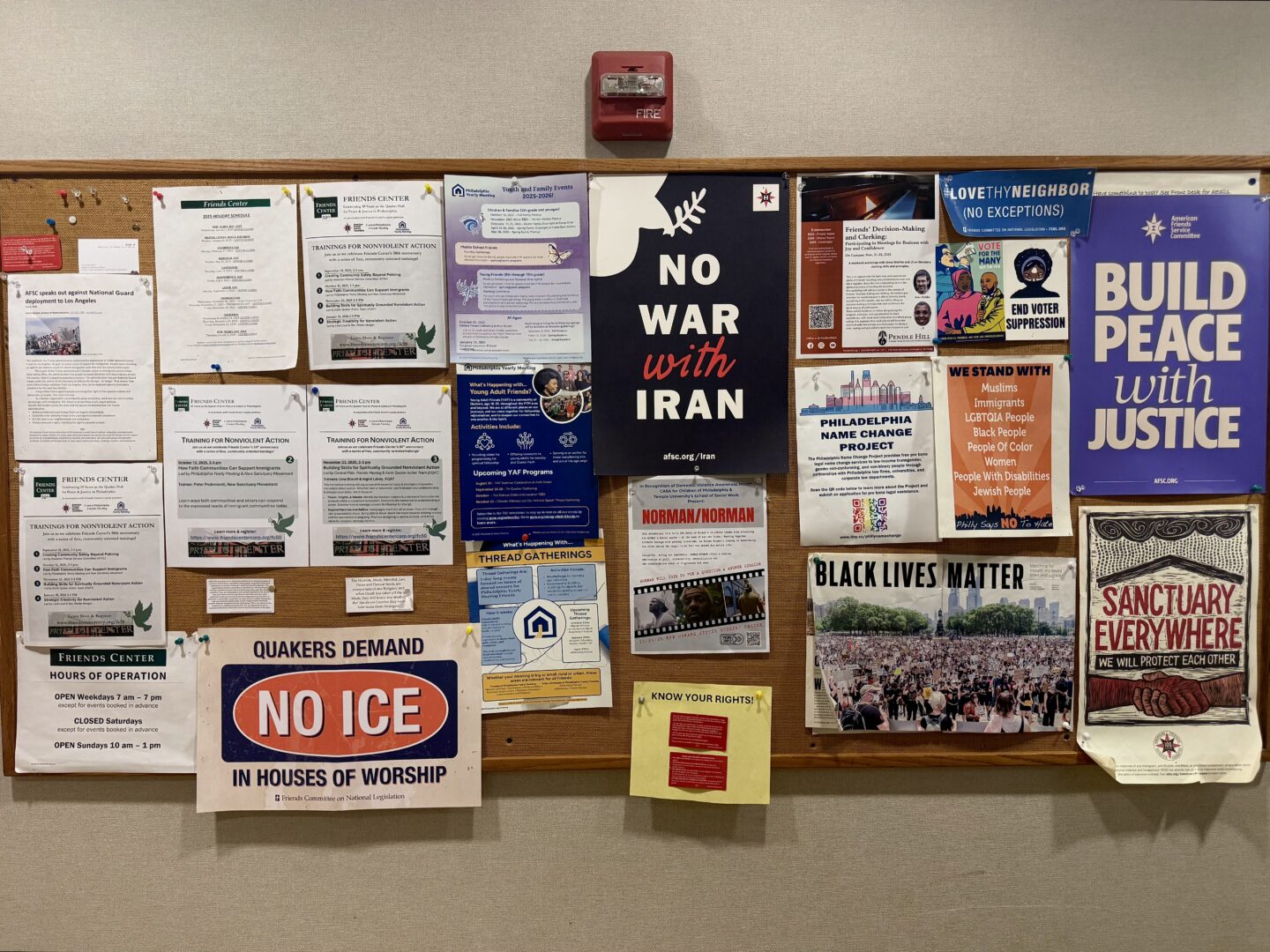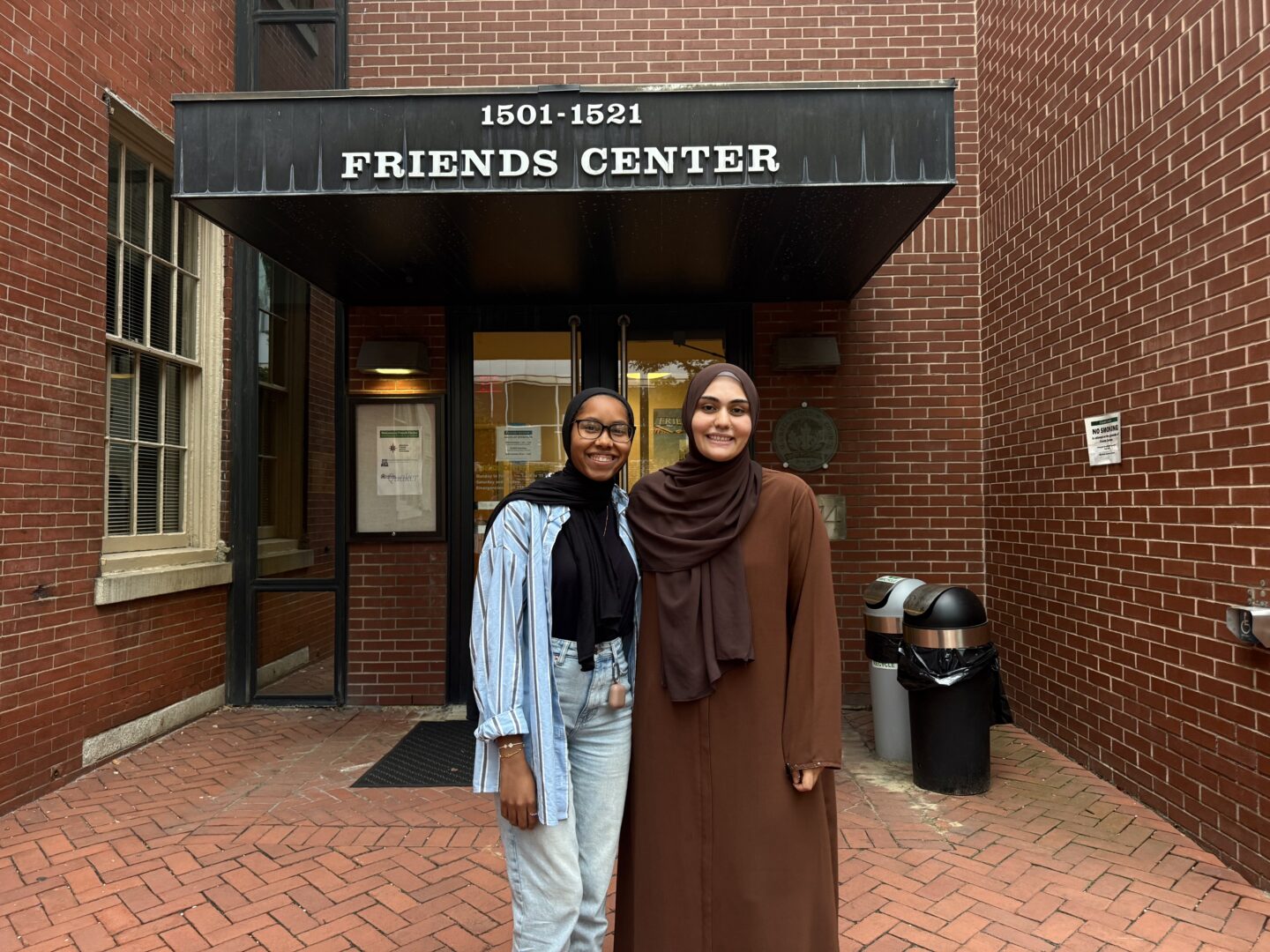
Philadelphia’s Muslim communities are working to build safe spaces as they navigate the Trump administration’s crackdown on immigrant communities and an increase in Islamophobic violence since Isreal’s war on Palestine began in 2023.
Currently, there are 200,000 Muslims living in Philadelphia, as well as 82 known mosques, also known as masjids.
According to a report released this spring by the Council on American–Islamic Relations, otherwise known as CAIR, Islamophobia has reached an all-time high nationwide. The report, entitled Unconstitutional Crackdowns, states that in 2024, CAIR offices nationwide received a total of 8,658 complaints of Islamophobia, the highest number ever recorded since the organization’s first civil rights report in 1996.
In the Philadelphia area, ICE raids have increased dramatically since President Donald Trump took office. According to government data, ICE arrests have doubled with an average of 51 daily between May 22 and June 26 in Pennsylvania, New Jersey, and Delaware.
Amidst these challenges, Philadelphia Muslims say that building community is a path towards safety.
Noor Jemy, one of Drexel University’s Associate Directors of Graduate Student Services and Drexel Muslim Students Association (DMSA) Advisor works directly with Drexel’s Muslim community to provide safe spaces for all to practice their religion.
“The more we are able to provide these safe spaces and allow people to be their faiths, be their cultures, be their religions, the more and more we’ll be able to see a society that flourishes,” Jemy said. “Fear is not what drives us, community does.”
However, when these community spaces are not available, that does not stop many Muslim families, like Jemy’s, from creating their own. Jemy explained how while she was growing up, her family went out of their way to welcome in people from their community.
“Before [there were prayers spaces], our living room on the first floor was where people came to pray five times a day. During Ramadan, they would come over to eat and break bread together. And during Saturday and Sundays, people would send their students to my mom to teach them Quran and Arabic,” Jemy said.

Based on her lived experience, Jemy knows how important these spaces are to those who need a loving environment to feel comfortable and confident in practicing their faith.
Noor says that this sense of belonging is especially important for newly arrived immigrants who make up a sizeable portion of Philadelphia’s Muslim community.
“[Immigrants] are afraid because there are threats to their immigration status, there’s threats to their working visas, to their educational visas,” Jemy said. “They’re afraid to be Muslim in a country that’s meant to be a place where you have freedom of speech and freedom of action within certain guidelines, and to feel that fear when you literally cannot cut that part away from you is devastating.”

While families like Jemy’s have long created their own safe spaces, larger organizations like CAIR Philadelphia have stepped in to expand that sense of protection across the city.
CAIR is a non-profit civil rights and advocacy group. One of CAIR’s biggest resources are pro bono legal services for Muslims that have been victims of discrimination. Their mission is to help Muslims who have faced this discrimination and prevent it in the future.
Asiyah Jones, the Advocacy Project Director, and Zeynep Emanet, the Civic Engagement Manager help create a safe space for community members to tell their stories.
“I’ll go to events and it’s people… it’s teachers I’ve had and cousins, and they know me, and from that they trust me, so they trust the organization,” Jones said.
Reaching out to the community to ensure they are not alone is one of the most important aspects of the work at CAIR, Jones and Emanet explain. Gaining the respect and trust of their clients is what gives them the platform to provide the help that they need.
Emanet explained that CAIR does the work of trust-building by having conversations about people’s stories, hosting listening sessions with community members, or helping them learn how to advocate for themselves.

Yet Jones and Emanet say that while employees of CAIR work to protect Muslim and Arab communities, they themselves often fall victim to the same discrimination and false prejudices that they work to protect their communities from.
“If you saw me and Asiyah together, you would probably distinguish us as Muslim, rather than by our races,” Emanet said. “I think a lot of our issues in society, it comes from how we’re viewed as Muslims and how we might see ourselves as different than other people based on our religious identity rather than our race.”
On the national level, about 20% of all Muslims are Black, but in Philadelphia roughly 70-80% are black according to the Black Muslim Leadership Council.
In response to the Trump administration’s crackdown on immigrants, CAIR is working with its community to stay safe. On CAIR’s website, there’s an article titled, “What if ICE Shows up at My Masjid?” which includes a step-by-step guide on knowing one’s rights when dealing with Immigration and Customs Enforcement. CAIR also leads Know Your Rights training that teaches community members what kind of warrant to look for when being questioned by federal agents, and what kinds of rights one has when travelling.
Jones and Emanet say that during fearful times, one of the most important parts of their work is showing up to masjids to offer a listening ear and spread awareness about their organization and the resources they have for those that cannot make it to their outside events.
“We know that it could be even risky now, someone traveling to a specific event, but being able to meet them where they feel safe is a big part,” Jones said.


How do we as progressives reach out and build bridges? I would love to see a weekly breakfast with a muslim woman to get to know her and her ideals. I live in SC, though. I want to see a United States that respects the rights of individuals and groups to worship how they choose and love how they choose. Do Muslims support these freedoms too? How do we bridge and open communications?
Very well written and insightful!